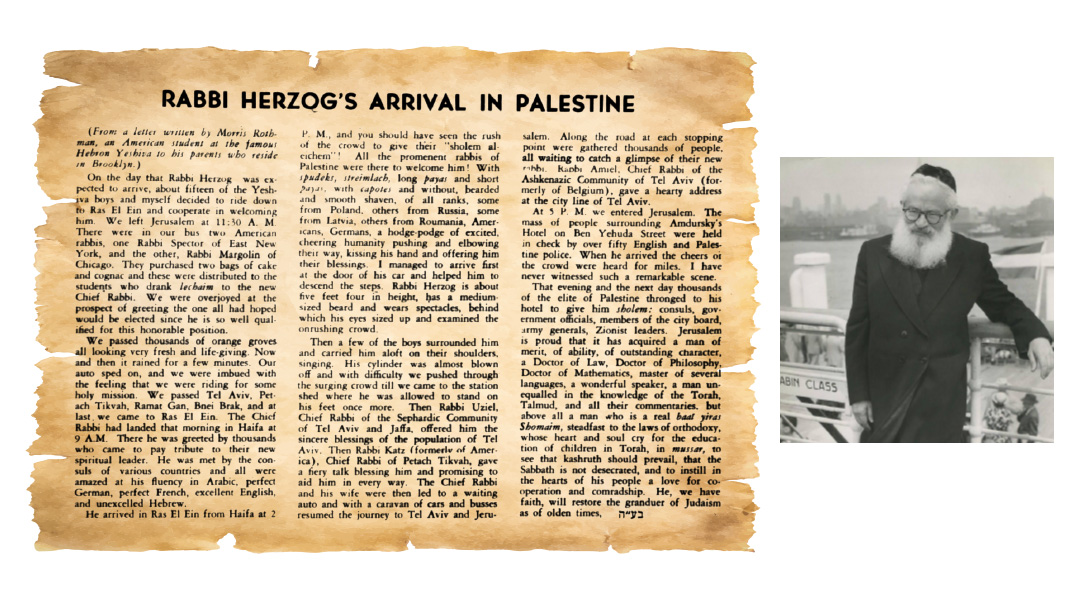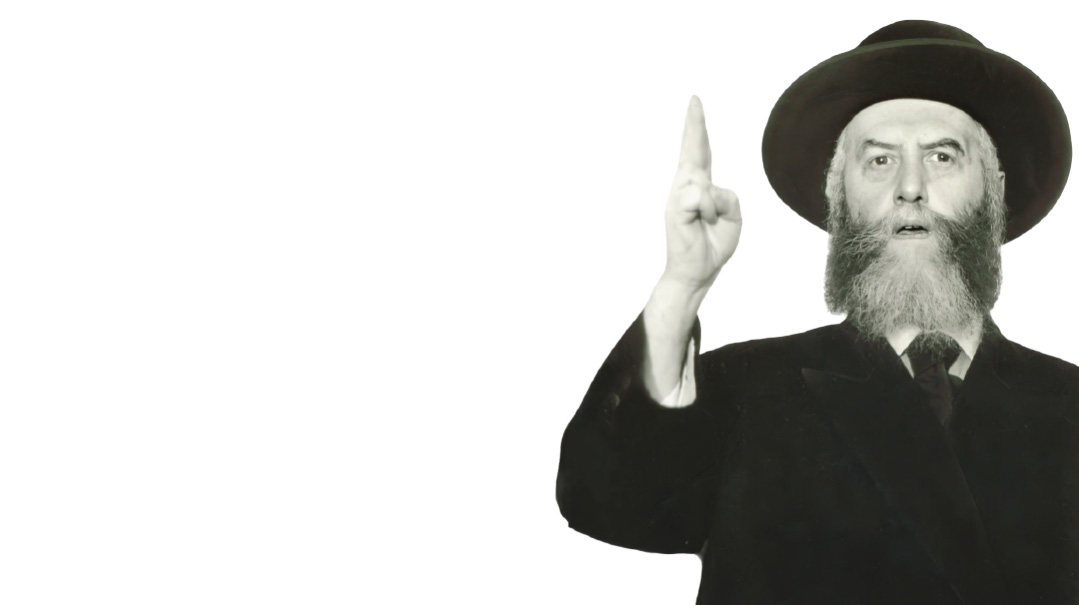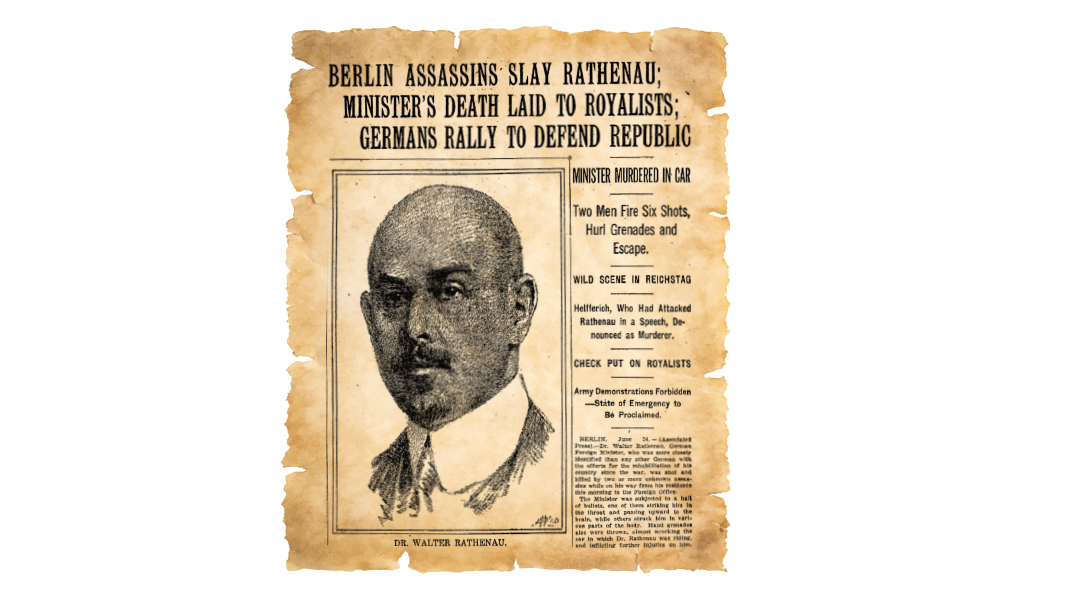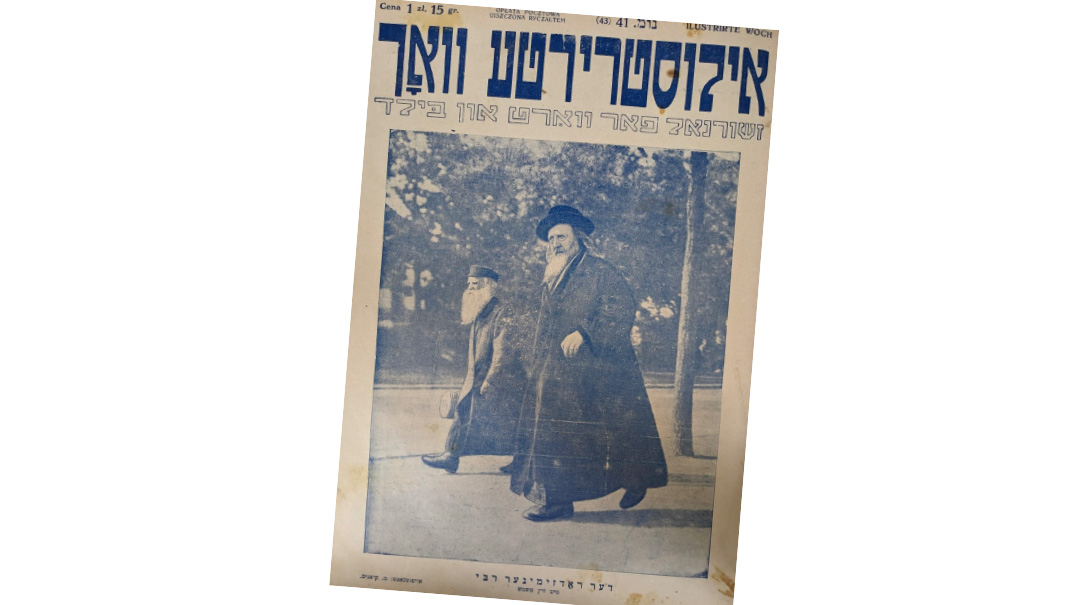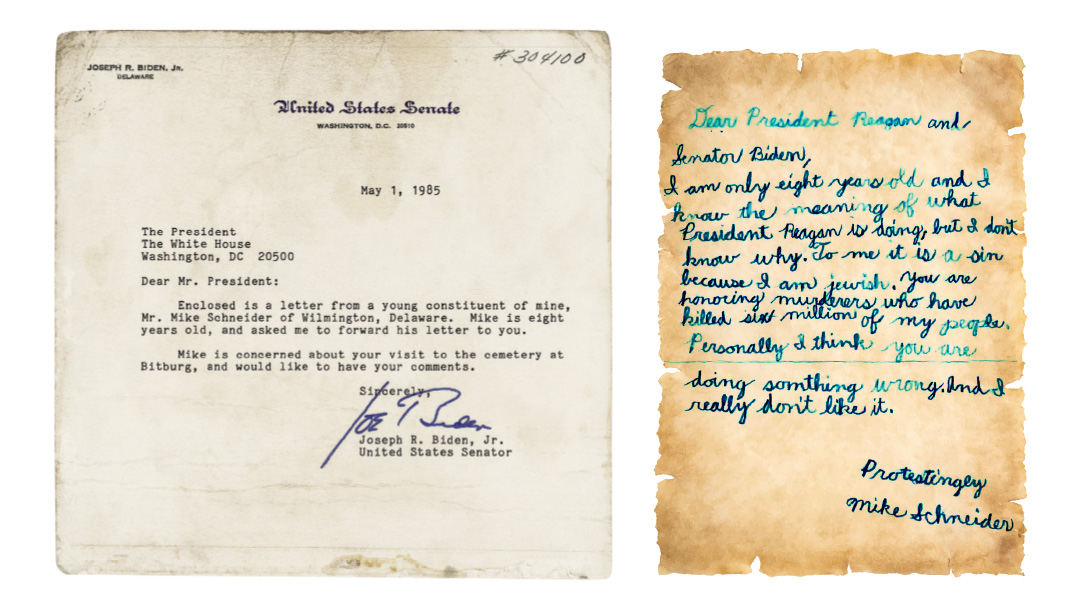Food for Thought
| June 6, 2023The “Suppose You Were Starving” message resonated strongly with the crowd
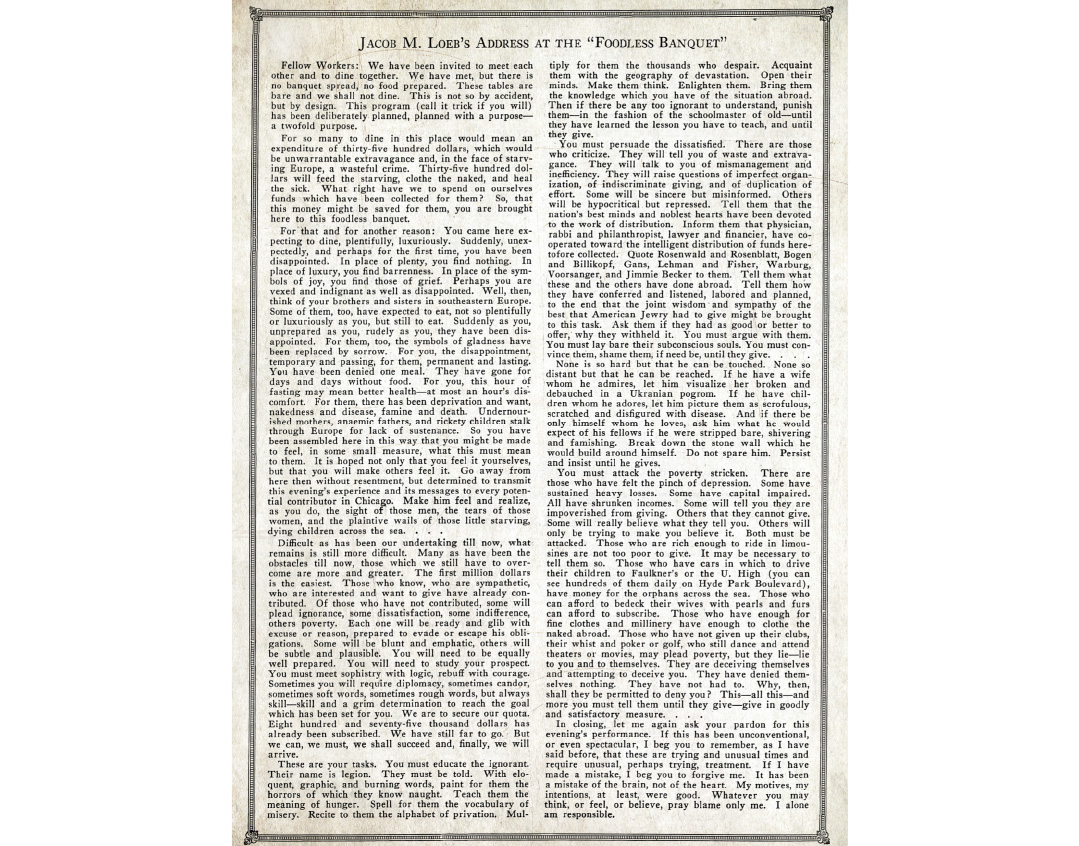
Title: Food for Thought
Location: Chicago
Document: Jacob M. Loeb’s Address at the “Foodless Banquet”
Time: December 1921
When World War I erupted in the summer of 1914, it swiftly became evident that Jewish communities in the principal battle zones would bear a significant brunt of the conflict. Eastern Europe, home to most of the continent’s Jewish population, was frequently traversed by warring armies, which meant that entire communities were uprooted and destroyed. Pogroms and pillaging became tactics commonly employed by both invading and retreating forces. Even those fortunate enough to escape immediate violence still had to face dire conditions such as homelessness, hunger, and disease.
While the US entry into the war in 1917 was a turning point for the Allies, for the Jews of Eastern Europe, it was the relief provided by their brethren in America that would prove crucial. The creation of the Joint Distribution Committee in November 1914 was the impetus for a mass fundraising effort that funneled tens of millions of dollars to Jews suffering overseas.
Key to the effort was the relief committee formed in Chicago led by the banker Bernard Horwich. Others who took leading roles were Rabbi Ephraim Epstein (brother of the Slabodka rosh yeshivah, Rav Moshe Mordechai Epstein) and Samuel J Rosenblatt. In its first full year, the committee raised $220,000, a sum that continued to grow. In 1919, following Horwich’s trip to Poland and the subsequent harrowing reports he returned home with, the group raised $2.2 million. A large portion of that came from Sears, Roebuck and Company owner Julius Rosenwald in the form of a million-dollar donation, a sum so astronomical that it was hailed across the country and cited by President Woodrow Wilson.
In 1920, the campaign slowed down, as life in much of the war zone resumed a semblance of normalcy. But when news of a deadly famine in Ukraine reached America, JDC activists in Chicago realized that after six years of nonstop fundraising, they needed a fresh idea to meet this urgent new need. Jacob M. Loeb, a banker who had delivered stirring speeches across the country during the previous campaigns, coined a slogan that he promised would soon be on the lips of every Jew in Chicago. “Suppose You Were Starving” was printed in newspaper ads, on flyers hung at every intersection, and worn on buttons by thousands of volunteers who canvassed the city for donations.
That fall, Loeb decided to take the idea to the next level, declaring the year-end goal of raising $2 million was attainable. In mid-November, plans for a mass fundraising banquet at the new Drake Hotel were unveiled. Invitations were sent to the “who’s who” in Chicago philanthropic circles, billing the event as “can’t miss.” As the thousands of attendees would later attest, the event turned out to be one of the most memorable in the city’s history.
Guests arriving at the Drake on December 7, 1921, were treated to a most unusual sight. Bare candlelit tables were arranged across the ballroom, without a morsel of food or beverage in sight. The decor was not just lacking; it was non-existent.
As the guests took their seats anticipating a feast fit for a king, they got their next surprise. Jacob Loeb took the podium and welcomed everyone to the first-ever “Foodless Banquet” and delivered the speech of a lifetime, reminding those gathered that perhaps a small glimpse into what their brethren were facing in Russia would motivate them to dig even deeper into their pockets and donate exorbitant sums yet again.
The “Suppose You Were Starving” message resonated strongly with the crowd and a record $2 million was raised for famine relief.
They Hunger for Bread
Following his visit to Poland, Bernard Horwich made special mention of the starving students at the Lomza Yeshivah: “Lomza is noted for one of the great ‘yeshivos’ I visited,” he says, “and where I found about 175 young men studying the Talmud. Hunger, gnawing and devitalizing, cannot quench the fires of the faith of their fathers in the young Hebrew students of Lomza. The institution is maintained by special contributions. It would be just for the Joint Distribution Committee to provide food for those Talmud students who suffer immensely from hunger.” Shortly thereafter, funds from the JDC were designated for Lomza and other yeshivos across Eastern Europe.
Never Lost Sight
Rav Ephraim Epstein endured a family life rife with pain, losing three children during the course of his lifetime, including his son Aharon Dovid who was murdered during the 1929 Chevron Massacre. Yet he never waivered from his commitment to his community and Klal Yisrael, helping to raise tens of thousands for relief during World War I and even more during World War II as a vital operative of the Vaad Hatzalah.
Thank you to Eli Slomowitz of E&S Tours, R’ Sruly Bornstein, R’ Shlomo Besser, R’ Nachi Weinstein and R’ Mordechai Kamenetsky for hosting us on a wonderful and meaningful journey “From Pressburg to Prague” last month.
(Originally featured in Mishpacha, Issue 964)
Oops! We could not locate your form.

